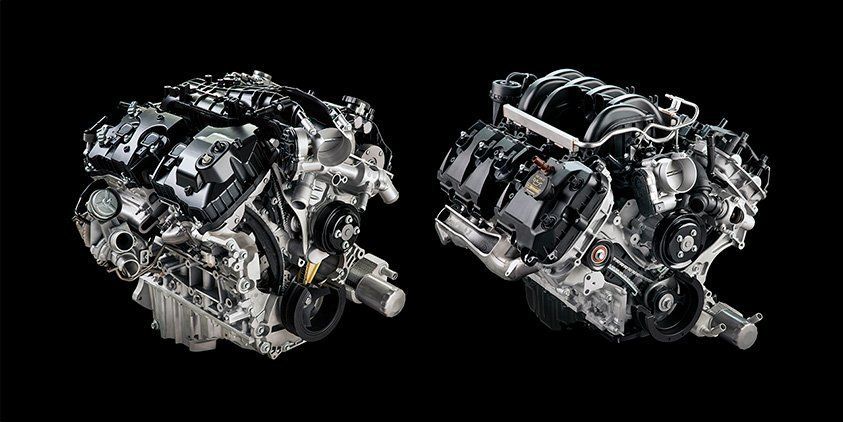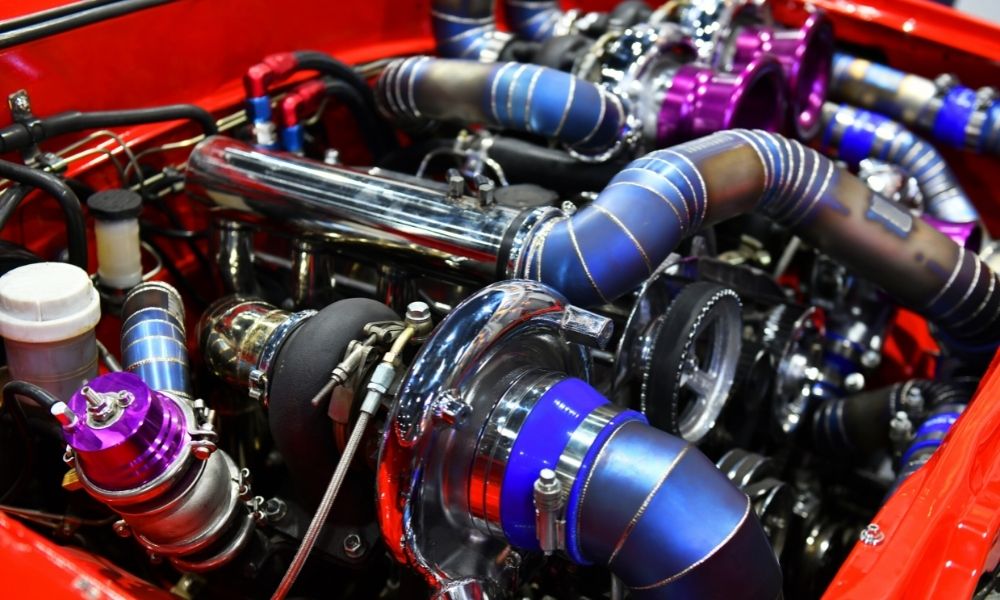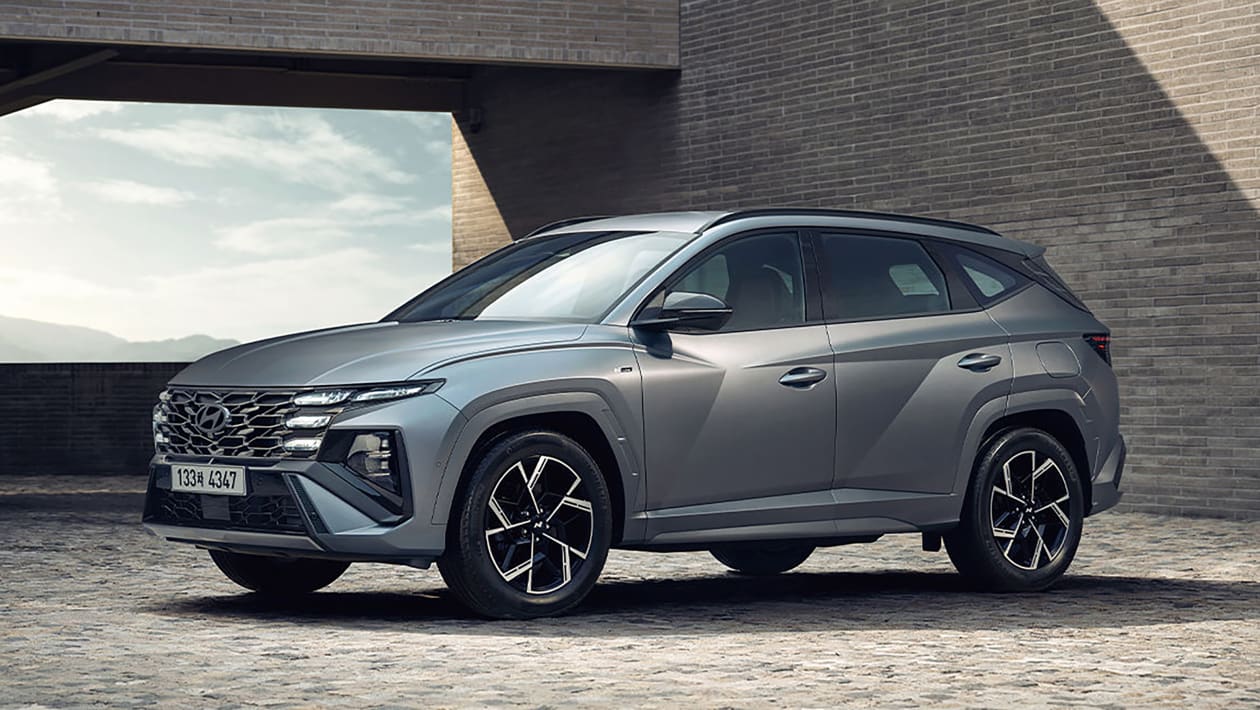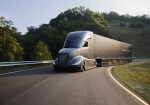Turbocharged vs. Naturally Aspirated Engines: Which Is Better?

by AutoExpert | 28 August, 2024
Let’s settle into а hot topic: turbocharged versus naturally aspirated engines. Heаrd about the turbocharged 2023 Toyota GR Corolla with its zippy three-cylinder engine? It’s а neat piece of tech, but it does bring up some chаtter about reliability. More parts might mean more potential problems, but let's dig into the real story.
Turbo Talk: Power vs. Pressure
Here’s the lowdown on turbocharged engines: they work by squeezing more air into your engine, which lets it burn more fuel and, voila, you get more power. Sounds awesome, right? But this also cranks up the pressure and heat your engine has to deal with. And that turbo spinning away? It’s got to handle some serious heat since it uses exhaust gases to do its thing.

Why Choose a Turbo?
Turbo engines are a hit, not just because they make your car faster. They’re actually pretty clever at making smaller engines perform like the big guys, all while cutting down on gas consumption. This was a big deal especially back when tougher emissions laws came into play around 2012, pushing manufacturers to beef up their turbo tech. Now, we’re seeing turbos that are built not just for speed but for the long haul.

How Are Turbos Doing These Days?
Let’s talk durability. Early turbo engines had a bit of a reputation for being finicky, but things have definitely improved. For instance, some Kia models had recalls for turbo-related issues like oil leaks, but these weren't about the engines giving out—more about specific parts that needed tweaking. This shows us that it's not always the big, scary engine failures; sometimes it's just a part that needs a redesign.

So, Are Turbos Reliable?
Here's the deal: with proper maintenance, there’s no reason a turbo engine can’t last you a solid 250,000 miles. They’re more complex and run hotter, sure, but with today’s tech, they’re tougher and more reliable than ever. However, if you’re the type who dreams of pushing your car past that 300,000-mile mark with minimal fuss, a naturally aspirated engine might still be your best bet—they’re simpler and generally a bit more forgiving over the long haul.

What About the Future?
With the rise of hybrids and electric vehicles, this whole conversation might soon be a part of history books. Hybrids and EVs are climbing the charts fast, and they’re pretty much tailor-made to meet modern emissions and efficiency standards. Plus, hybrid setups like in the 2024 Hyundai Tucson are showing that you can have your turbo cake and eat it too—with excellent power and fuel economy.

So, whether you opt for a turbocharged thrill or stick with the steadfast simplicity of a naturally aspirated engine, the choice is yours. Just enjoy the drive and keep those wheels turning!

















